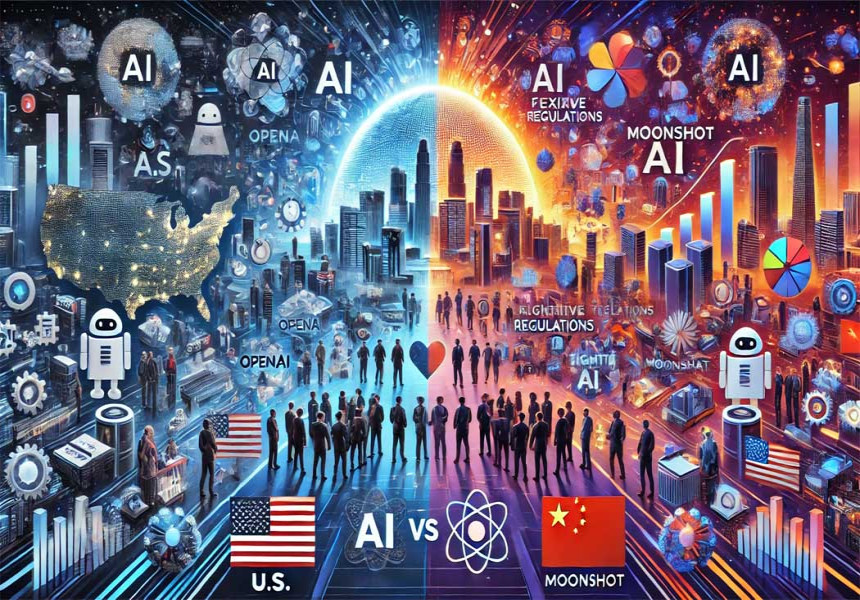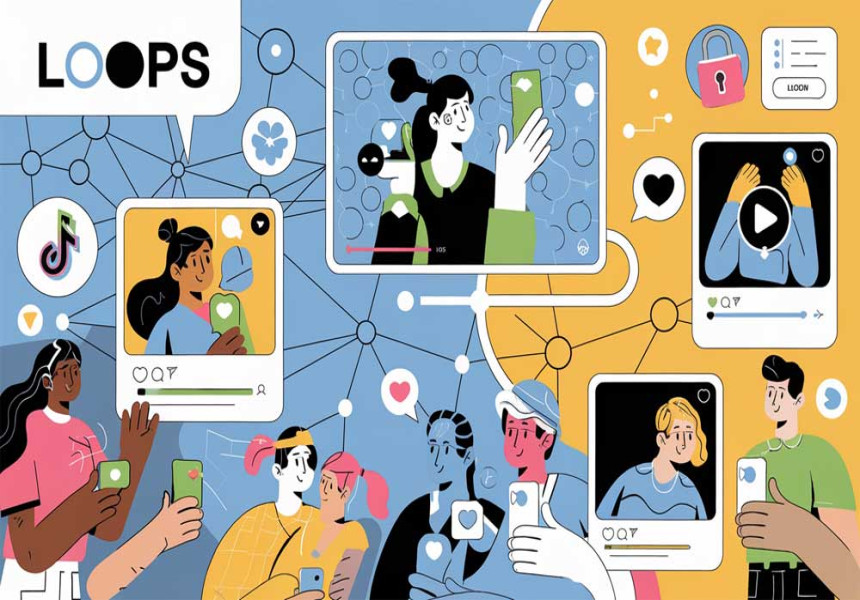Revolutionizing B2B Sales: The Impact of Generative AI on Efficiency and Engagement
Generative AI is rapidly reshaping B2B sales, offering innovative solutions that enhance efficiency, personalization, and overall effectiveness in the sales process. This technology leverages vast amounts of data to automate tasks, improve lead generation, and create tailored customer experiences, ultimately driving higher sales performance.
Key Benefits of Generative AI in B2B Sales
1. Enhanced Efficiency and Productivity
Generative AI automates repetitive tasks that typically consume a significant portion of sales teams' time. By streamlining processes such as data entry, lead scoring, and follow-up communications, sales professionals can focus on building relationships with high-value prospects instead of getting bogged down in administrative work.
- Automation of Routine Tasks: Generative AI can handle tasks like scheduling meetings, sending follow-up emails, and updating CRM systems automatically. This reduces the risk of human error and ensures that sales teams remain organized and efficient.
- Improved Lead Prioritization: AI algorithms analyze customer data to identify leads that are more likely to convert, allowing sales teams to prioritize their efforts effectively.
2. Personalization at Scale
One of the standout features of generative AI is its ability to create hyper-personalized content for various customer segments. This capability allows B2B companies to engage prospects with tailored messages that resonate with their specific needs and interests.
- Customized Outreach: Generative AI can draft personalized emails, proposals, and marketing materials based on individual customer profiles and previous interactions. This level of customization fosters stronger relationships and increases engagement rates.
- Dynamic Content Creation: The technology enables sales teams to quickly generate relevant content for different industries or job roles, ensuring that outreach is always pertinent and engaging.
3. Improved Lead Generation
Generative AI enhances lead generation efforts by analyzing customer behavior patterns and preferences. This analysis allows for the creation of targeted marketing campaigns that are more likely to convert leads into customers.
- Predictive Analytics: By leveraging historical data, generative AI can forecast which prospects are most likely to convert and what products or services they may be interested in. This insight helps sales teams tailor their strategies accordingly.
- Targeted Campaigns: AI can help design marketing campaigns that speak directly to the needs of specific customer segments, increasing the chances of successful engagement.
4. Enhanced Customer Experience
The integration of generative AI into B2B sales processes significantly improves the overall customer experience by providing timely and relevant interactions.
- Real-Time Insights: Generative AI tools can analyze customer interactions in real time, offering sales reps insights that help them respond effectively during conversations.
- Continuous Engagement: With capabilities like automated follow-ups and personalized recommendations based on previous interactions, generative AI ensures that customers feel valued throughout their journey.
The adoption of generative AI in B2B sales is not just a trend; it represents a fundamental shift in how businesses approach their sales strategies. By automating routine tasks, personalizing outreach at scale, improving lead generation efforts, and enhancing the overall customer experience, generative AI equips sales teams with the tools they need to thrive in a competitive marketplace. As companies continue to embrace this technology, those that leverage generative AI effectively will likely see significant improvements in their sales performance and customer satisfaction levels.
Practical Use Cases of Generative AI in B2B Sales
1. Lead Generation and Prospecting
Generative AI can significantly improve lead generation efforts by automating the identification of high-quality prospects. For instance, a company like Artisan uses its AI tool, Ava, to filter through a database of over 300 million entries. Ava employs detailed Ideal Customer Profiles (ICPs) to pinpoint leads that are most likely to convert, allowing sales representatives to focus on the most promising opportunities without manual verification of profiles.
2. Personalized Sales Outreach
Sales teams can leverage generative AI to create highly personalized communication at scale. For example, Ava integrates various data sources—such as firmographics and social media activity—to craft personalized emails tailored to each prospect's unique interests and needs. This level of customization not only increases engagement but also improves response rates significantly.
3. Content Creation and Optimization
Generative AI excels in generating and optimizing sales-related content. Companies can use AI tools to draft proposals, presentations, and marketing materials quickly. For instance, sales representatives can input specific details about a prospect or product, and the AI will produce initial drafts that can be further refined by the team. This accelerates the content creation process while ensuring relevance and quality.
4. Predictive Analytics for Lead Scoring
Generative AI can analyze historical customer data to predict which leads are most likely to convert. By using predictive analytics, sales teams can prioritize their outreach efforts based on data-driven insights. For example, generative AI tools can assess past interactions and behaviors to identify patterns that indicate a higher likelihood of conversion, thus optimizing sales strategies.
5. Automated Follow-Up and Task Management
After meetings or interactions with prospects, generative AI can automate follow-up communications by generating summaries of discussions and suggesting next steps. This ensures that no lead falls through the cracks and that timely follow-ups occur without requiring extensive manual input from sales representatives.
6. Enhanced Customer Experience
By utilizing generative AI for personalized marketing campaigns and customer engagement strategies, B2B companies can create more relevant experiences for their clients. For example, personalized content tailored to specific industries or job roles can be generated quickly, fostering stronger relationships with customers and increasing loyalty.
7. Streamlined Data Management
Generative AI can automate data entry tasks within CRM systems, ensuring that sales records are always up-to-date without manual intervention. This not only reduces errors but also frees up valuable time for sales representatives to focus on strategic activities rather than administrative tasks.
The integration of generative AI into B2B sales processes presents numerous advantages, including enhanced efficiency, improved personalization, and data-driven decision-making. By implementing these practical use cases—ranging from lead generation to automated follow-ups—companies can position themselves for success in an increasingly competitive landscape. Embracing generative AI not only streamlines operations but also fosters stronger relationships with customers, ultimately driving growth and revenue in the B2B sector.









